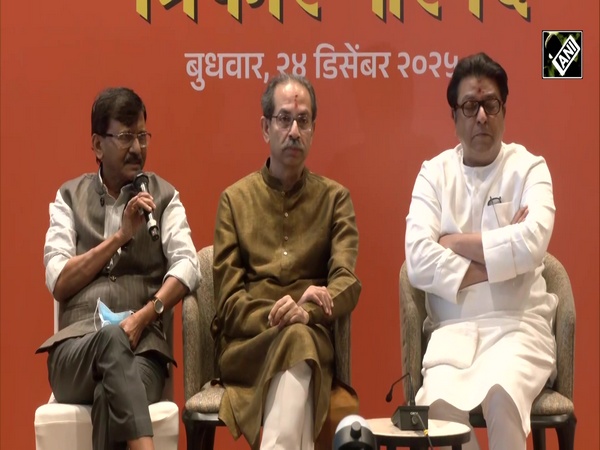Civic engagement does not improve well-being: Study
Jan 22, 2022

Berlin [Germany], January 22 : Two recent studies from Germany and the UK revealed that someone's engagement civically does not substantially influence their well-being.
The studies were published in 'Journal of Happiness Studies' and in 'Social Indicators Research'. These results ran contrary to the assumption that civic engagement contributed to well-being of engaged persons. The study was conducted by researchers from the Universities of Vechta and Bochum.
Voluntary fire brigades, food banks, homeless shelters or citizens' initiatives: the opportunities for civic engagement are manifold. It is a widespread belief among researchers and lay people that civic engagement brings structure and meaning to the lives of engaged individuals and hence makes them happier and more satisfied. In old age in particular, civic engagement has been thought to compensate well for lack of paid work or of family responsibilities. However, the assumption that civic engagement appreciably improves well-being cannot be confirmed by their data, said Matthias Luhr, research associate at the University of Vechta Maria K. Pavlova, a professor in Vechta, and Maike Luhmann, a professor at the University of Bochum.
The researchers analysed already existing datasets (SOEP and BHPS together with its continuation, Understanding Society - see box). Luhr, Pavlova and Luhmann utilised data from 17.720 (SOEP) and 18.550 (BHPS) survey participants, who reported on the frequency of their political (for instance, in political parties or citizens' initiatives) and non-political (such as church-related) voluntary engagement. Their well-being was assessed via multiple indicators (such as life satisfaction, emotional well-being, low loneliness and control beliefs). The researchers tried to find out whether the participants reported higher well-being in the years when they were comparatively more civically engaged (or engaged at all) than in the years with lower or no civic engagement.
The answer was "no", with few exceptions. Both in Germany and in the UK, older adults did appear to benefit from non-political engagement because their life satisfaction was higher in the years when they were more frequently engaged. However, this difference was small and not observed for other well-being indicators. Other leisure activities, such as socializing with friends and acquaintances, sometimes showed more pronounced associations with participants' well-being, also in old age.
It is possible, admitted the researchers, that civic engagement boosted well-being of engaged individuals in certain contexts, depending on their needs, on where the activity took place, on its content and finally on the society and culture. Such benefits did not appear to be universal, though. Civically engaged individuals were therefore not expected to believe that their activity made them happier. Besides, the alleged benefits of engagement to the engaged should not feature as key incentives in volunteer recruitment messages. The actual purpose of civic engagement remained unchanged: voluntary contributions to the common good and to the democratic processes in the society. They had little to do with self-interest.




















